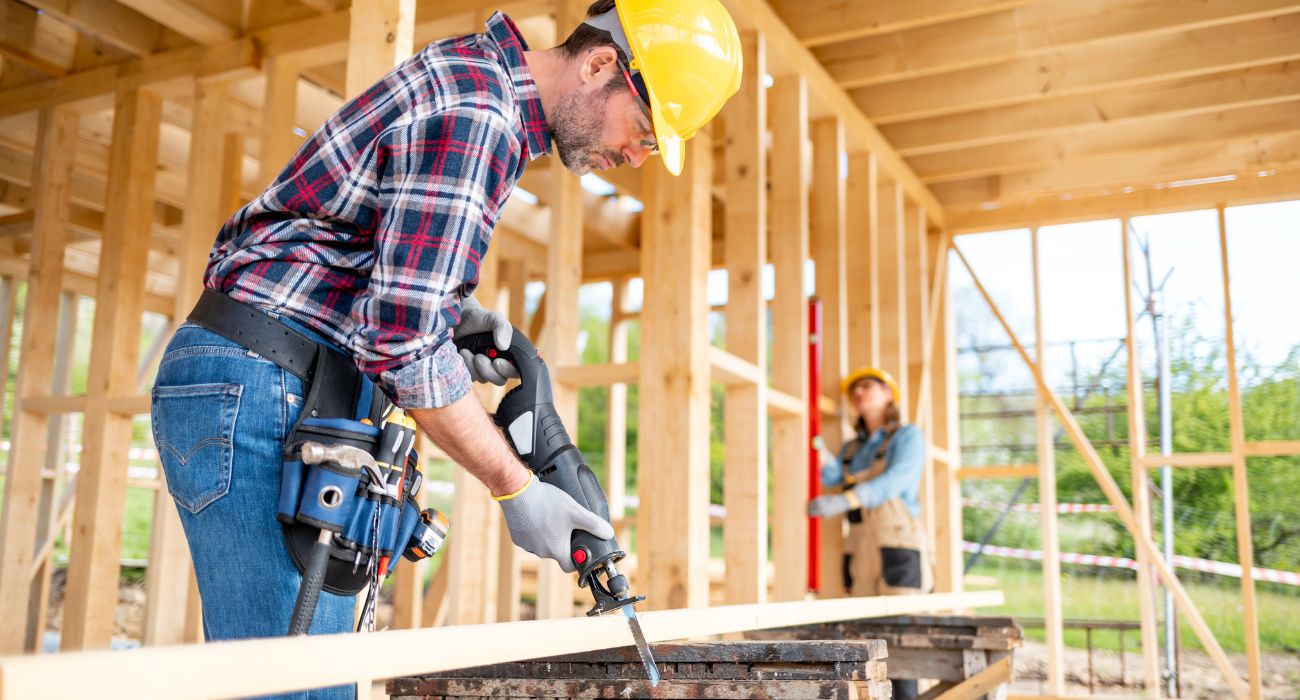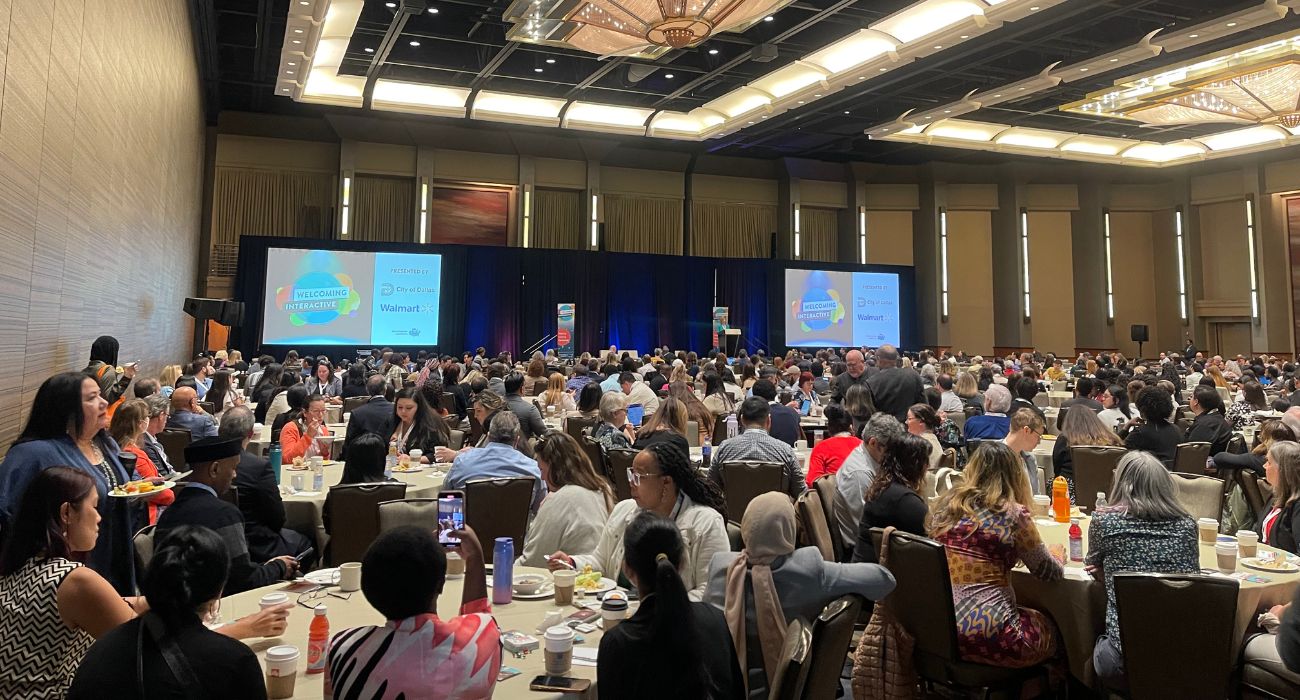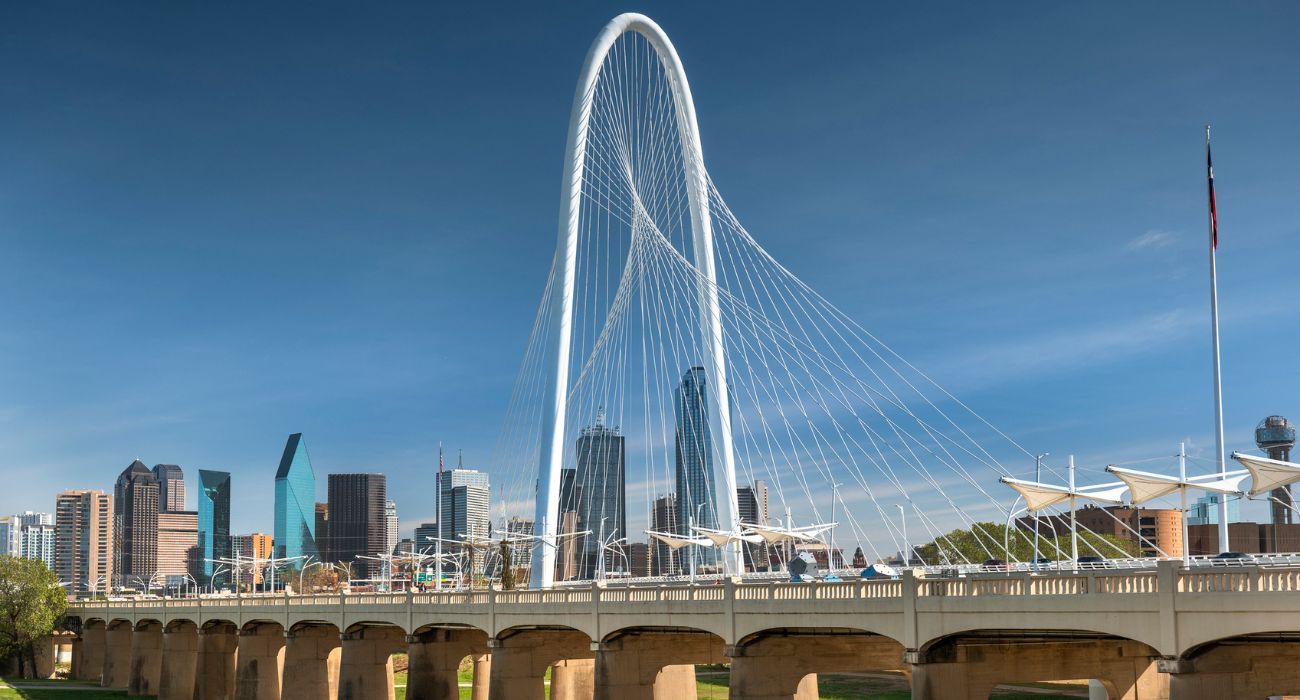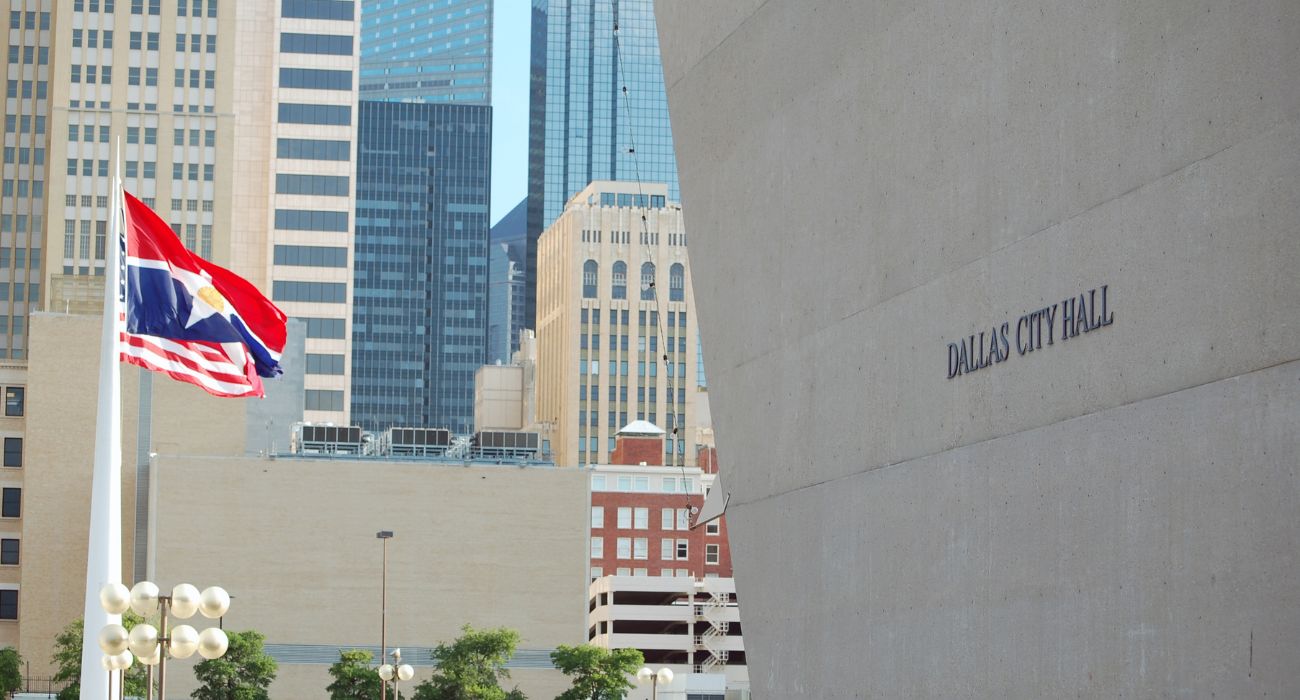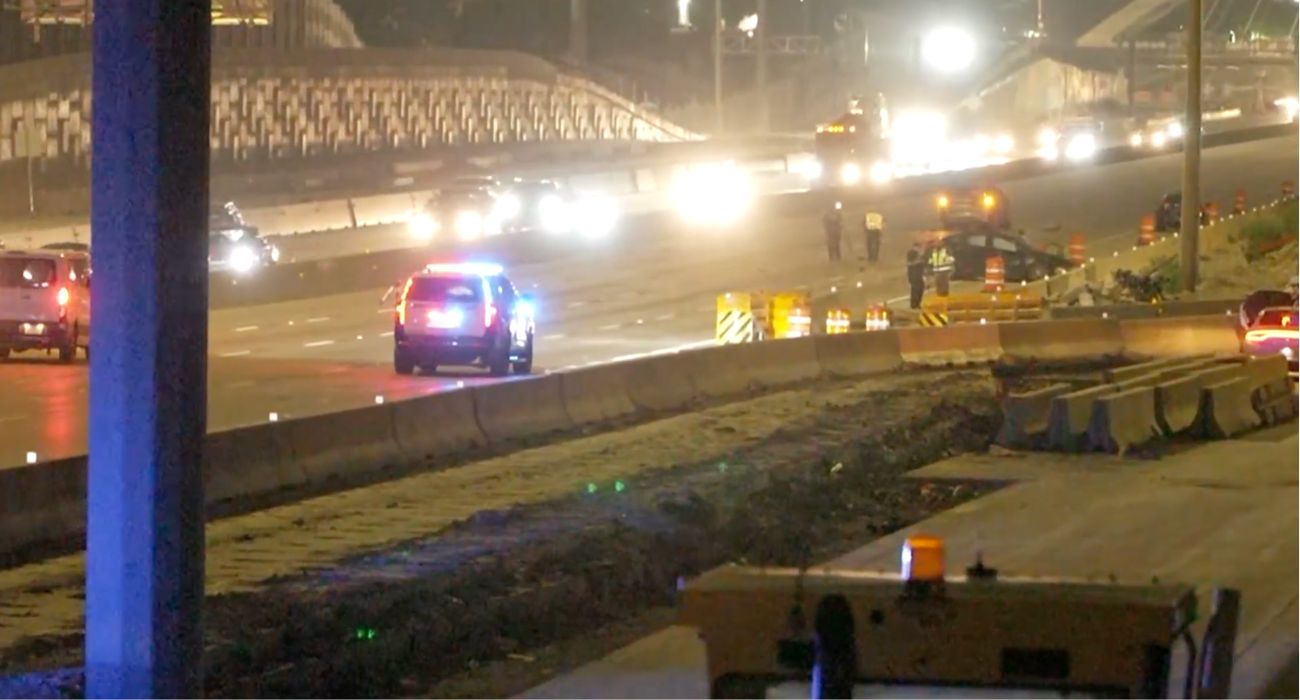The cities of Dallas and Fort Worth have both sought to improve their building permit systems through various initiatives aimed at streamlining the governmental side of things and educating developers on the requirements.
In the previous installment of this series, The Dallas Express discussed the factors that influence how well the two largest North Texas cities have performed based on building permit turnaround time and the issuance rate. This second part will examine the different building permit initiatives and procedures that Dallas and Fort Worth have undertaken to ensure a working and up-to-date permitting process.
Building permits are essential in gauging how much construction and development are taking place in a city at any given time. Both North Texas cities transitioned their permitting process online following the onset of the COVID-19 pandemic in 2020 to more efficiently process a large influx of building permits.
However, as reported in The Dallas Express, Dallas’ Development Services Department (DSD) ran into several roadblocks when it launched its online building permit software.
Since the fumbled launch, developers and builders in Dallas have had to face the heavy weight of a slow and bottlenecked process. Fort Worth had previous experience transitioning to an online system and was not negatively impacted by the launch of its permitting software.
One tool that has made Fort Worth’s building permit process successful is its City of Fort Worth Permit Assist portal.
“Our permit assist tool is designed to help projects get started and off the ground,” D.J. Harrell, head of Fort Worth’s DSD, told The Dallas Express. The permit assist tool “identifies what kind of permits you’ll need based on the location, fees, timeline, and processes.”
This system helps applicants get started and familiarized with the process, significantly assisting customers, Harrell explained.
The City’s current ProjectDox 9.2 software acts as Development Services self-service permit portal, which enables users to submit an online application request for building and engineering projects. The submission, review, and approval process are done electronically, with the pre-screening process averaging between seven and 10 business days.
To improve the speed at which building permits are issued and to offer local developers and builders a way to get their applications reviewed and potentially issued on the same day, each North Texas city implemented its own version of an “alternate review process.” Compared to the traditional procedure, the alternate review process allows those who can afford the more expensive option to skip the line and obtain their permits more quickly.
In the case of Fort Worth, the City’s DSD has an Expedited Plan Review Team called the X-Team. The X-Team reviews and approves building permits by providing full plan review comments within 10 business days, according to Fort Worth’s DSD. There is a $200 application fee per permit, with a hefty review fee of $1,000 per hour.
Dallas’ plan review process, called the Q-Team, also requires applicants to pay for an expedited plan review. The review process is conducted in an in-person setting alongside the development team and Q-Team members, with the end goal of potentially issuing an applicant’s building permit following the meeting.
The application fee is on a per-permit basis and ranges from $250 for projects less than 25,000 square feet to $750 for projects greater than 50,000 square feet. Like Fort Worth, Dallas also has a $1,000 per hour review fee rate, according to the Building Inspection Division’s fee schedule for permits and services.
Dallas’ DSD has also rolled out several initiatives, all of which have been detailed in The Dallas Express, geared towards issuing same-day permits and creating more awareness about its online processes.
These include the “Rapid Single-Family VIP Program,” “Pop-Up Permit Event,” and the upcoming “Construction Management Lunch and Learn.” Dallas’ DSD has also used social media, like Facebook, to engage with the local development community and do-it-yourselfers.
“Our team is working hard to regain the trust of the development community,” Andrew Espinoza, Dallas’ DSD director, told The Dallas Express. “The steps we are taking to improve the City’s permit process are ongoing, but I am hopeful the actions me and my team are taking will start to show down the road.”
In Dallas and Fort Worth, pre-development meetings or conferences are scheduled for applicants to learn more about city development policies and procedures and to address site-specific issues.
Pre-development meetings are designed to help potential applicants understand and navigate the permit process. Typical services include coordination for development projects, troubleshooting, and problem-solving to address issues during the development process.
Some business leaders have expressed continuing frustration, however, noting that issues in the permitting process will have a negative impact on the city’s economy.
“Dallas is landlocked until the City shores this issue up,” Linda McMahon, president and CEO of The Real Estate Council of Dallas (TREC), told The Dallas Express. “We want quality businesses and quality jobs coming to the city. That hinges on Dallas getting the permitting issues fixed.”

